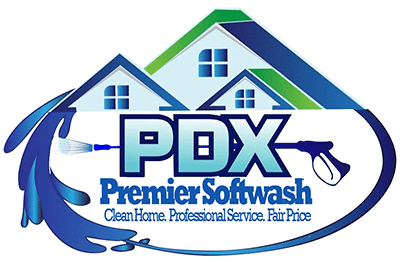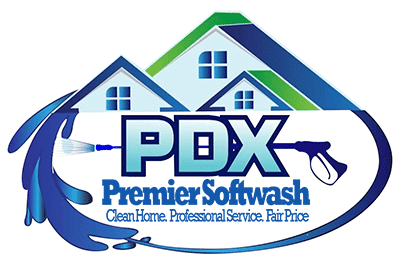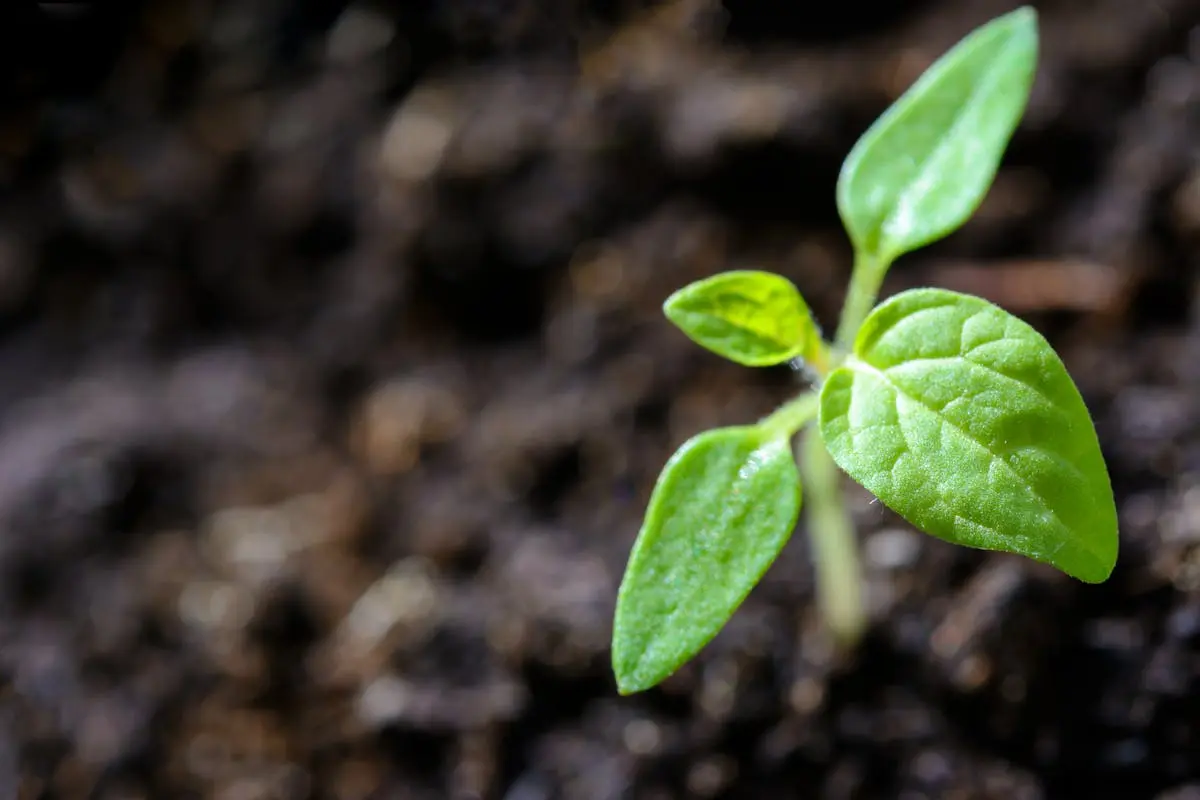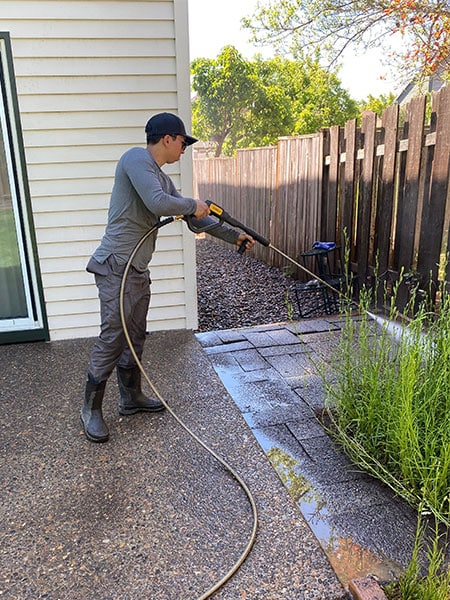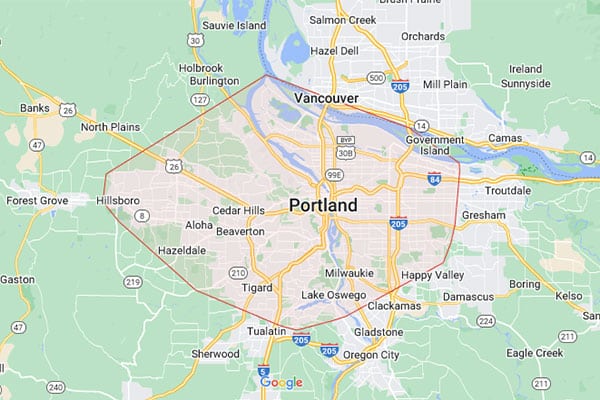In our quest for cleaner, more beautiful homes and buildings, the question of environmental safety often comes up, especially when it comes to the methods we use for cleaning. Softwash solutions, a popular alternative to traditional pressure washing, claim to be gentle yet effective. But how do they measure up in terms of eco-friendliness? Let’s dive into the world of softwashing and understand its impact on our planet.
Understanding Softwash Solutions
Softwash solutions are a blend of low-pressure washing combined with specific cleaning solutions to remove dirt, algae, mold, and other organic stains from buildings and roofs. Unlike high-pressure washing, softwashing uses less water and focuses on gentle cleaning, making it an intriguing option for those concerned with both the cleanliness and care of their external surfaces.
The technique is particularly appealing because it attacks the problem at its root. By using cleaning agents that are designed to kill the growths rather than merely blasting them away, softwashing provides a more permanent solution to the repeat issue of mildew and algae.
The Environmental Impact of Cleaning Agents
One of the main concerns surrounding outdoor cleaning solutions revolves around the chemicals used in the process. Traditionally, some of these chemicals can be harsh, contributing to water pollution as runoff carries them into our waterways. However, many softwash solutions are designed to be eco-friendlier, using biodegradable chemicals that break down more quickly and pose less of a threat to the environment.
It’s important to note, though, that not all softwash solutions are created equal. The eco-friendliness of a softwash solution depends on its specific formula, so selecting products that explicitly state their environmental benefits is key.
Assessing the Eco-friendliness of Softwash Techniques
When evaluating the eco-friendliness of softwash techniques, it’s essential to consider both the water usage and the types of cleaning agents used. Because softwash systems typically use lower water pressure, they inherently consume less water than traditional pressure washing methods, which is a tick in the eco-positive column.
Moreover, many companies focused on sustainable practices have been proactive in developing cleaning solutions that are not only effective against dirt and biological growth but also kind to the earth. These solutions often include plant-based, phosphate-free, and non-toxic agents that ensure the safety of the environment, pets, and humans alike.
The Role of Water Usage in Softwashing
In areas where water scarcity is an issue, the method of cleaning chosen can significantly impact local water resources. Softwashing’s lower pressure means it uses substantially less water than high-pressure systems. This conservation of water makes softwashing a responsible choice in drought-prone regions or in any setting where sustainable water use is a priority.
This reduced water use does not compromise effectiveness. The targeted application of cleaning agents in softwashing allows for the efficient use of resources, ensuring that the job is done well while minimizing waste.
Best Practices for Minimizing Environmental Impact
For those looking to employ softwash techniques while being mindful of their environmental impact, there are several best practices to follow. Firstly, choosing cleaning solutions certified by environmental agencies can help ensure the products you use are safe for the ecosystem. Additionally, working with professionals who understand how to properly manage runoff and waste can further mitigate potential environmental harms.
It’s also worthwhile to consider the timing and frequency of cleaning. Regular maintenance can prevent the buildup of growths that require stronger, potentially less eco-friendly solutions to remove after they’ve become well-established.
Eco-friendly Alternatives and Innovations
The cleaning industry continues to innovate, developing new products that offer effective cleaning without compromising on environmental responsibility. From advancements in the chemical makeup of cleaning solutions to more efficient methods of application, the goal is to provide options that are both effective and ecologically sound.
Consumers interested in supporting sustainable practices should look for companies that prioritize research into eco-friendly technologies and who are transparent about their processes and products. In doing so, it’s possible to maintain beautiful, clean exteriors without sacrificing the health of our planet.
Embracing Eco-friendly Cleaning Solutions
Softwashing, with its gentle approach and consideration for the ecosystem, represents a forward-thinking solution in the cleaning industry. By choosing environmentally safe cleaning agents and taking steps to minimize runoff, we can ensure that our efforts to maintain our properties’ aesthetics do not come at the expense of the environment. It’s about making informed decisions and seeking out products and services that align with our environmental values.
